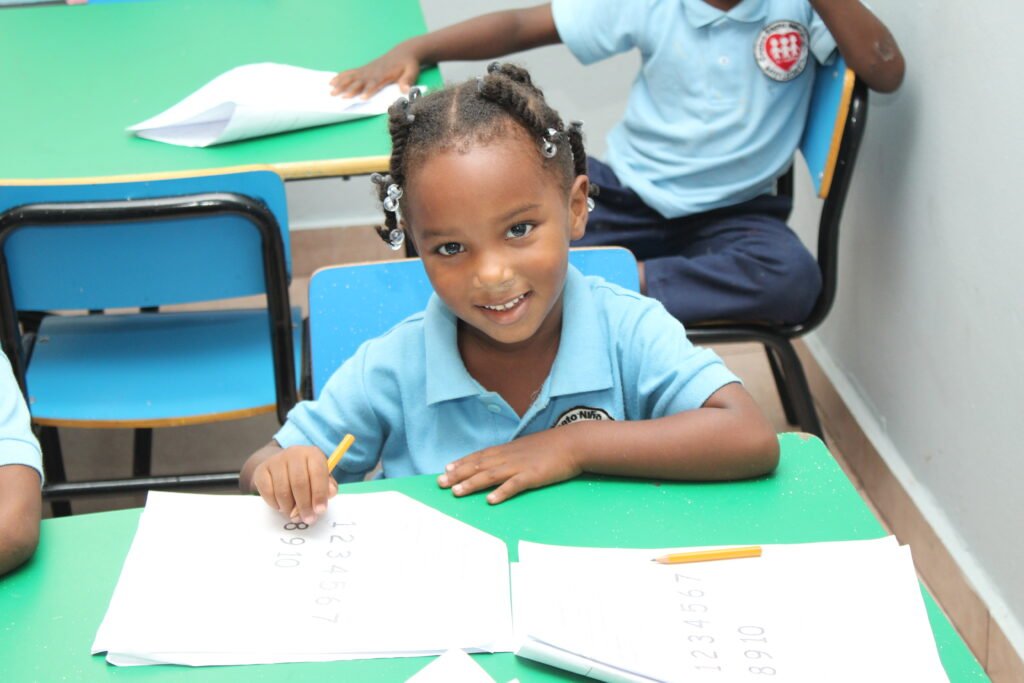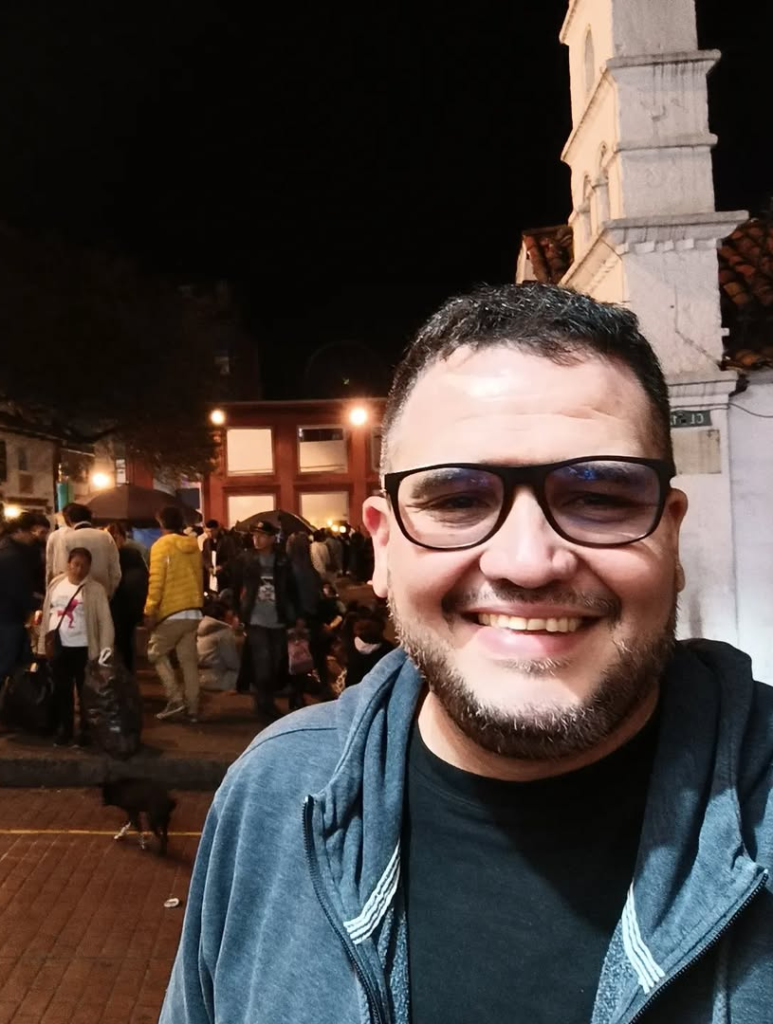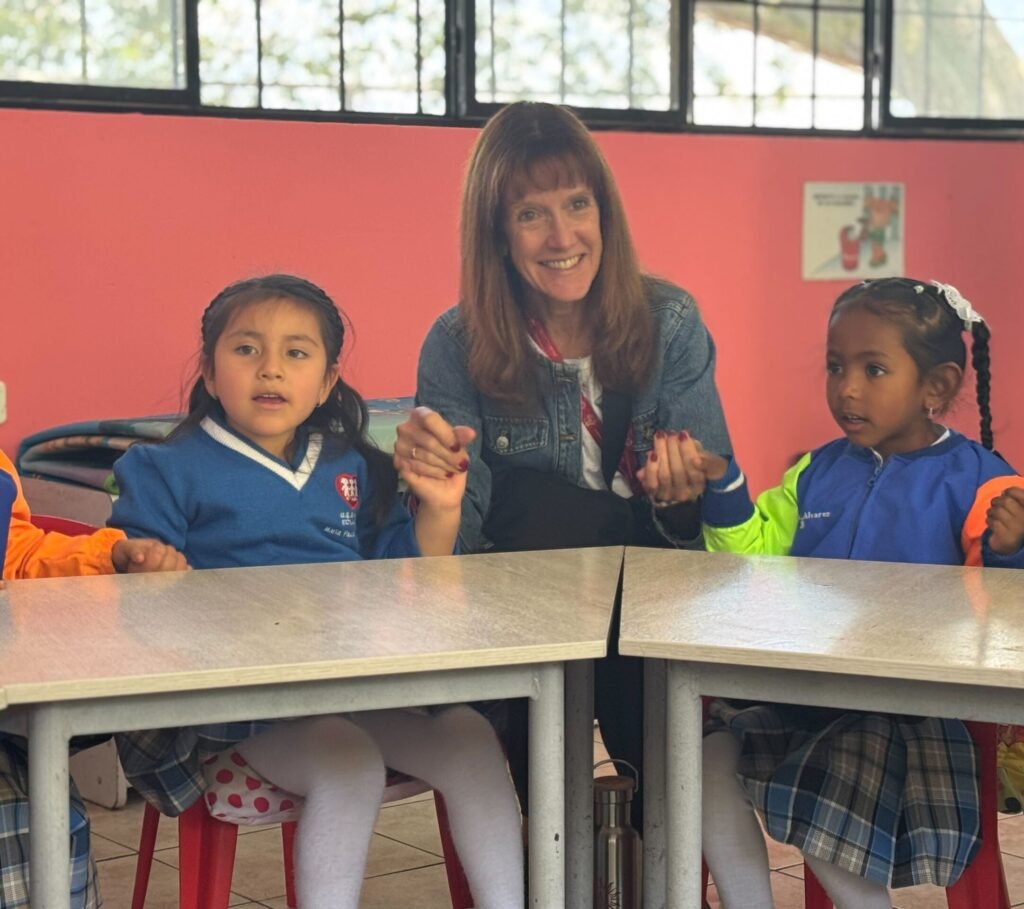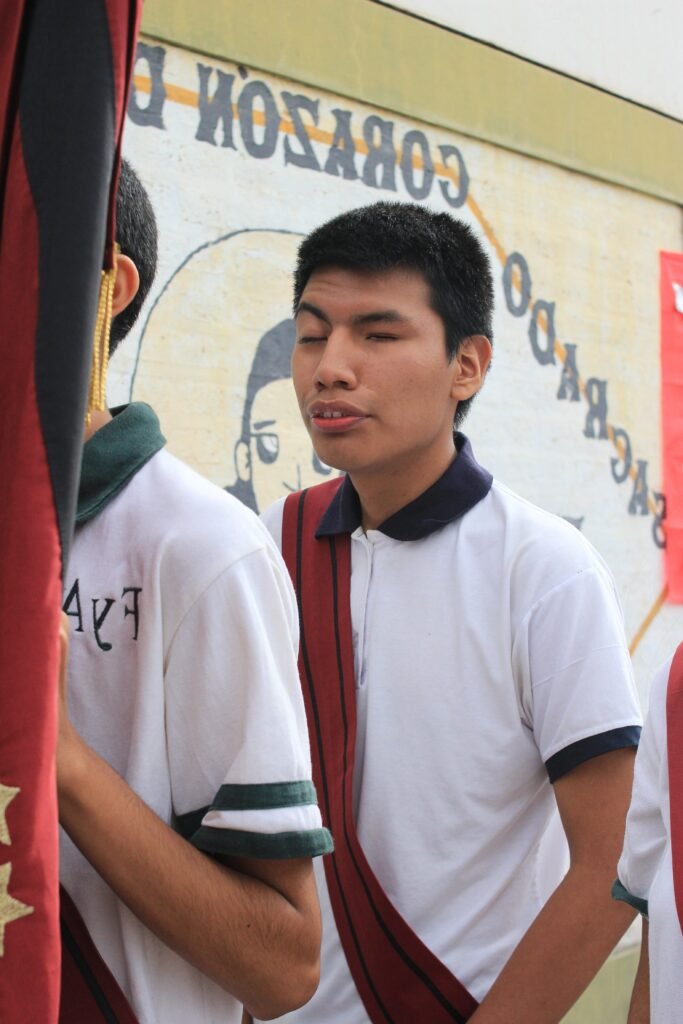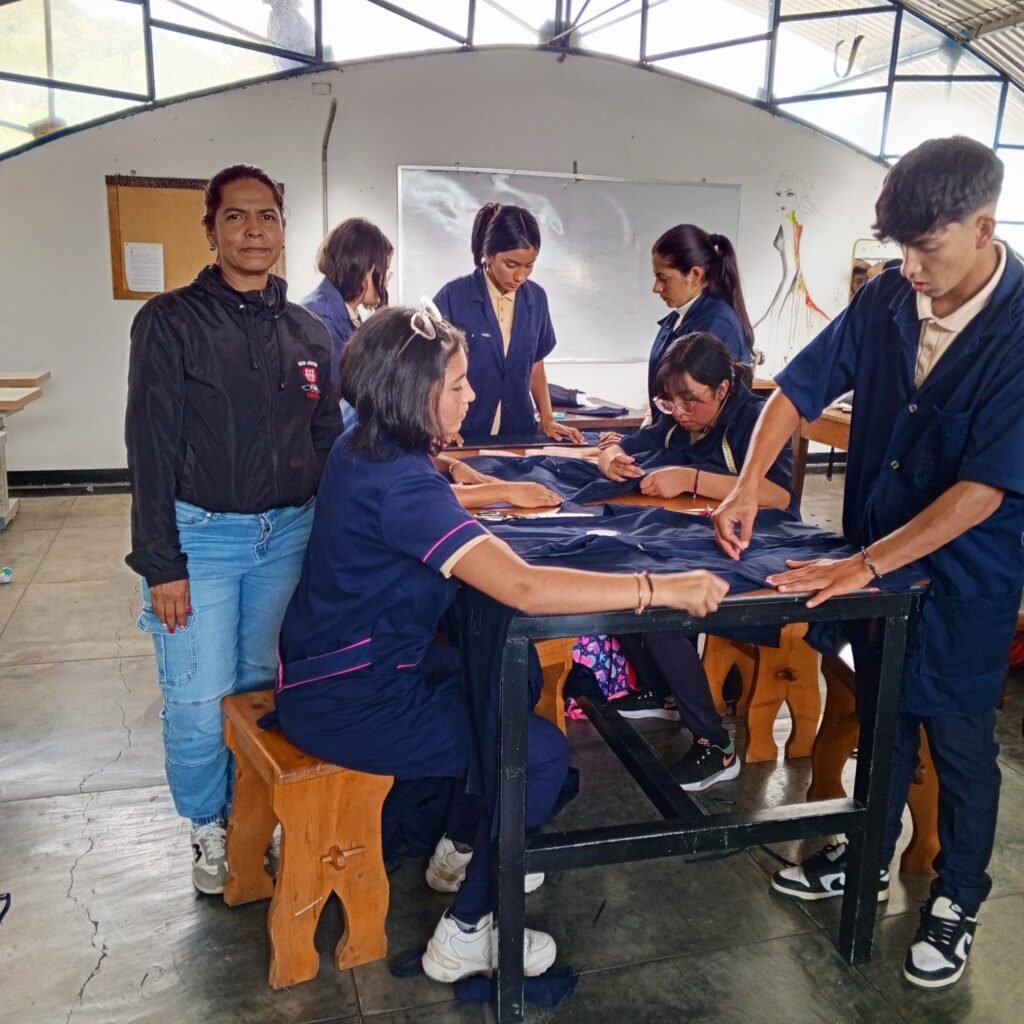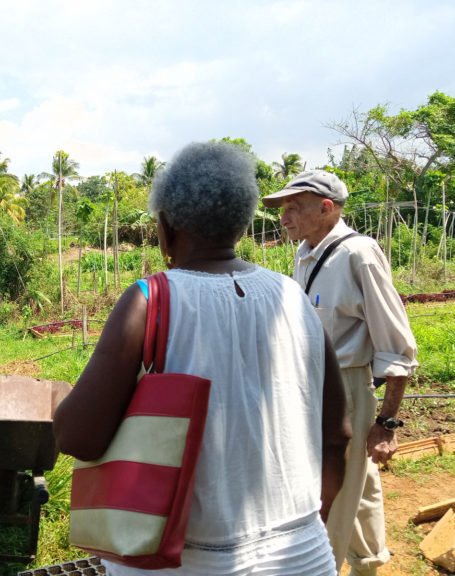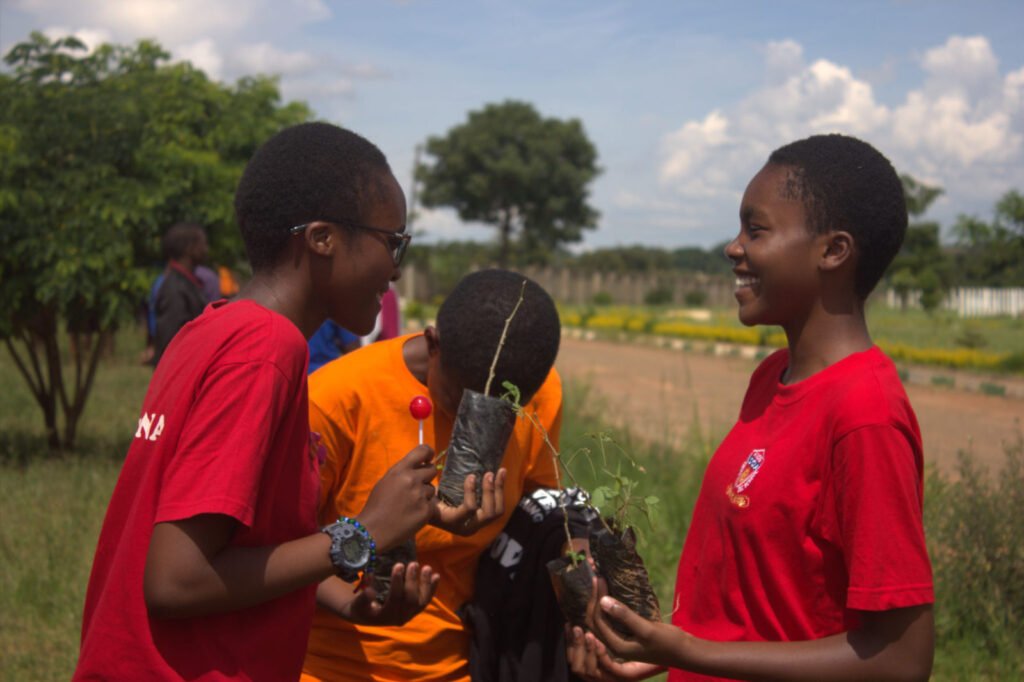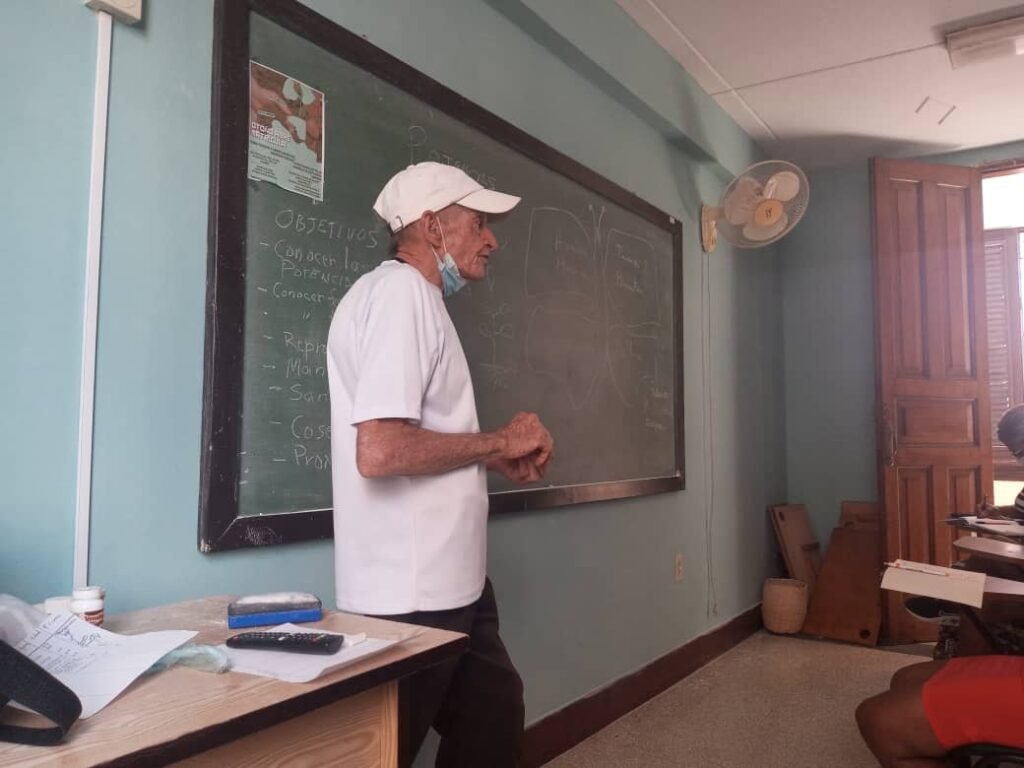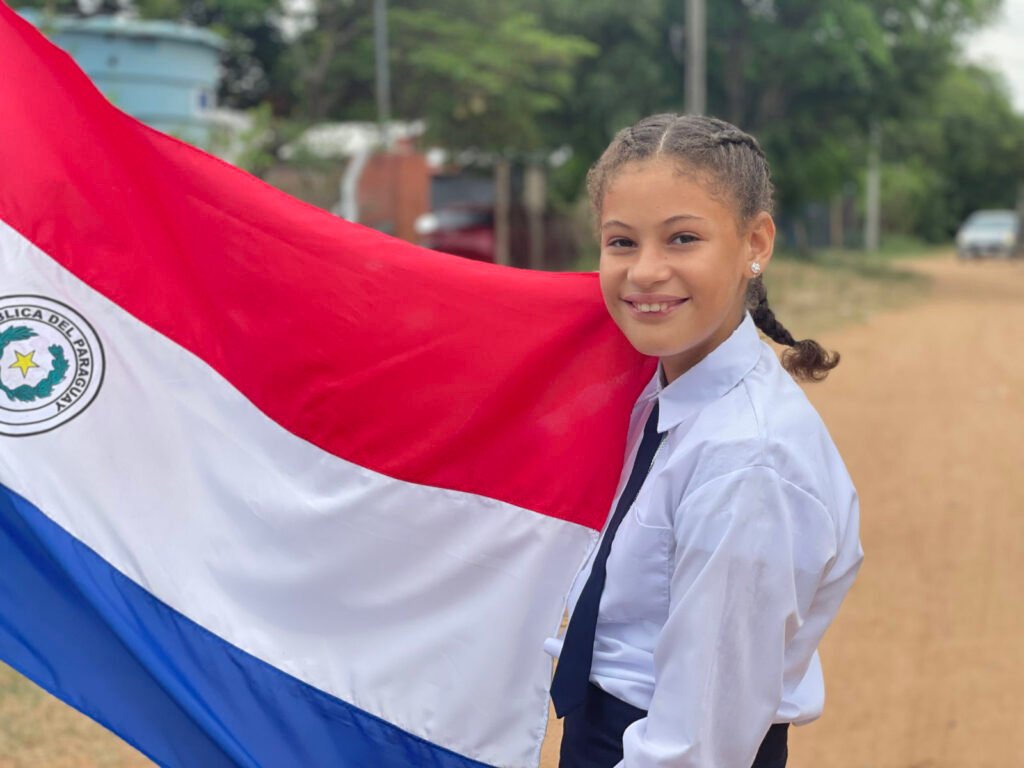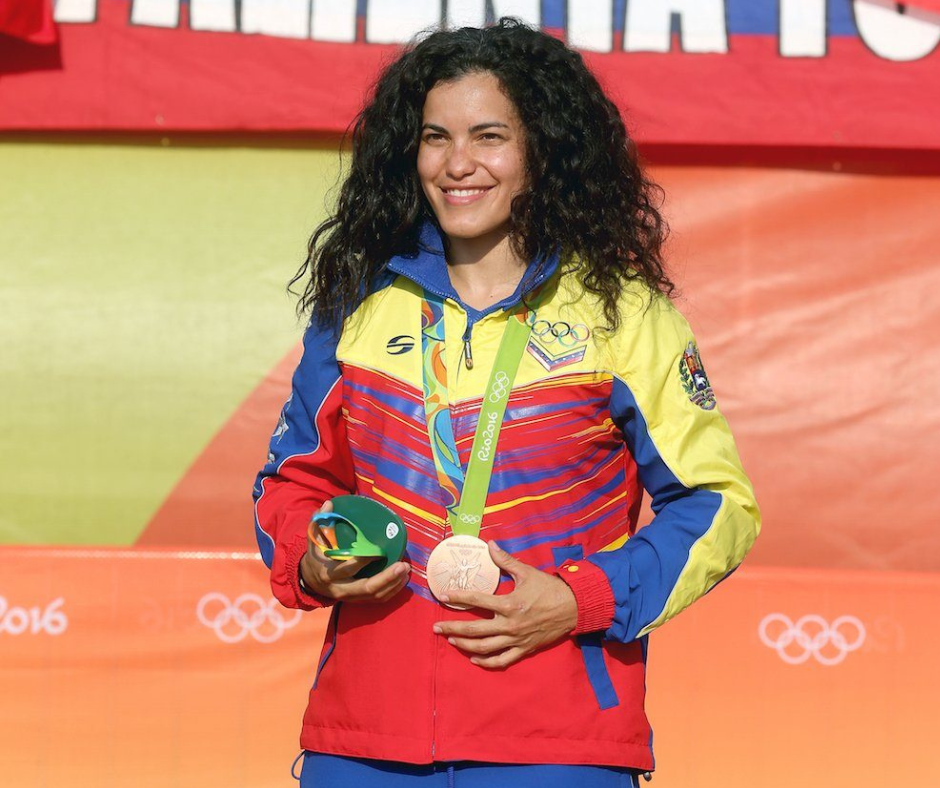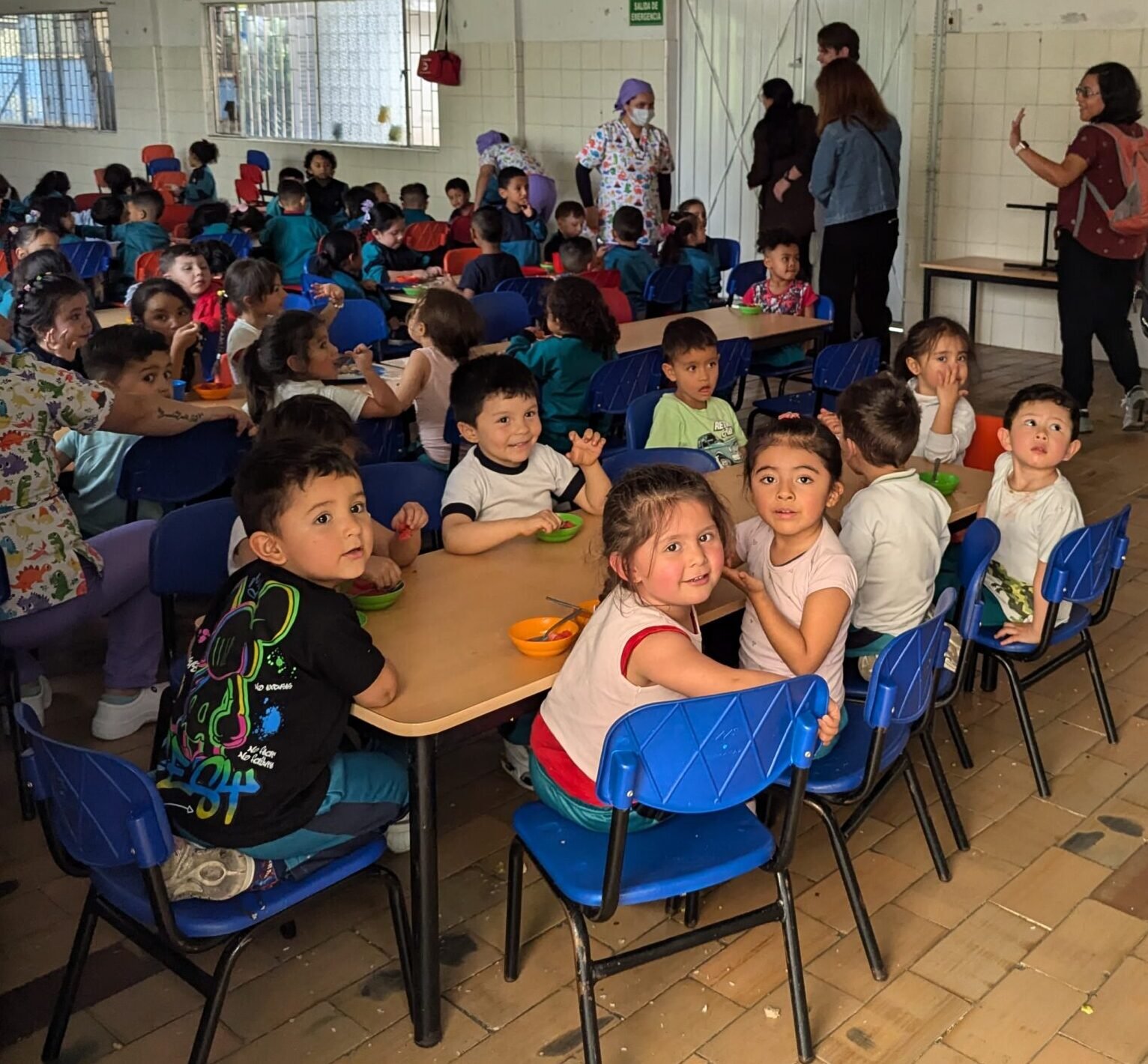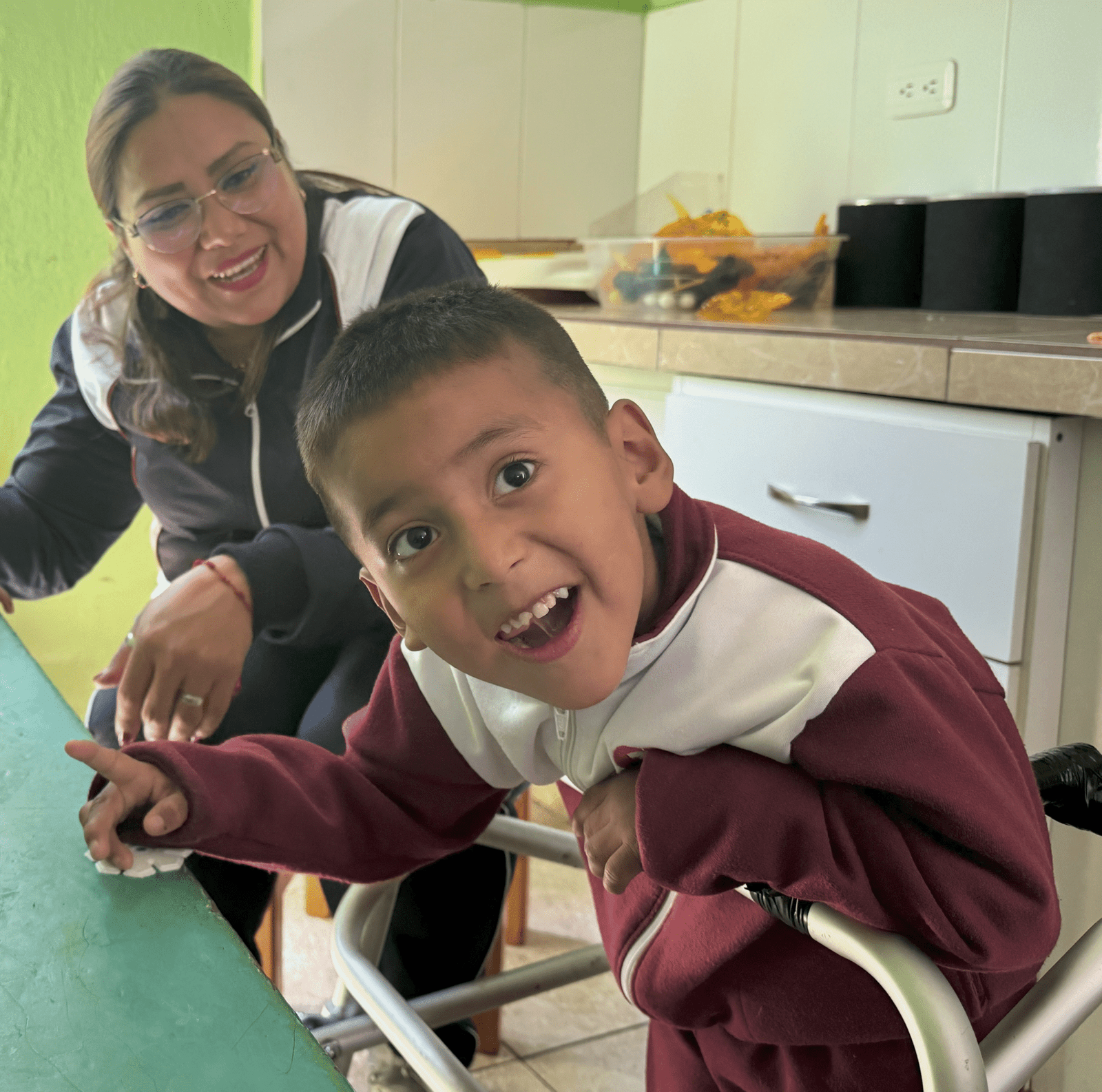Context
In the Dominican Republic, a “batey” typically denotes a settlement near a sugarcane plantation, historically housing agricultural workers who are predominantly Haitian migrants. These areas often lack basic infrastructure, adequate living conditions, access to services, and labor rights.
On the outskirts of Santo Domingo, Batey Lechería is one of these marginalized communities. Many of the families in this neighborhood have worked in the sugar industry for generations, brought from Haiti as laborers. A significant portion of this Dominican population with Haitian roots lacks essential documents, like birth certificates and identity cards, hindering their access to fundamental rights such as education, healthcare, and formal employment. The Santo Niño Jesús Educational Center (Fe y Alegría) serves the Batey Lechería community. Nearly 80% of students at the school are of Haitian and Dominican Haitian descent and carry with them the challenges that have historically weighed down these “batey” communities.
Batey Lechería’s living conditions are also a concern for students at the Santo Niño Jesús Educational Center. Limited access to educational resources, unsuitable housing, economic constraints, and community instability all have devastating effects on the academic success of students. These conditions impede learning opportunities and are directly associated with lower student literacy rates. Within the batey context, Special Education Needs (SEN) are often overlooked due to the unique circumstances of this community. Scarce resources and adverse conditions create a scenario where students encounter additional obstacles, hindering the development of their language skills.
About the Centro Educativo Santo Niño Jesús in Batey Lechería
The Centro Educativo Santo Niño Jesús school in Santo Domingo Oeste, Dominican Republic is an educational center founded by the Sisters of the Holy Child Jesus (SHCJ), a North American Congregation. The Sisters came to the Dominican Republic in 1995. One of their first and most passionate missions was to bring quality education to those most in need.
Before the arrival of the SHCJ Sisters, the Batey Lechería community lacked basic services such as access to food, clean water, adequate housing, healthcare services, and stable education opportunities. At that time, the poor education offered in the area inspired little thought about the future or regard for the development of the community. The Sisters’ investment in education has greatly improved the outlook of young students and the community as a whole. In 2002 this vision of transformative education lead the school to join become part of the International Federation of Fe y Alegría, the popular education movement present in 22 countries which promotes and defends the right to quality education.
Unfortunately, the SHCJ Sisters were faced with a decline in vocations to religious life leading them to reduce the number of apostolic works they attend to. In 2019, the Sisters made the sad decision to leave Batey Lechería. However, their legacy continues and with the support of Fe y Alegría Dominicana, the school continues to offer quality, inclusive education to kindergarten and primary school students.
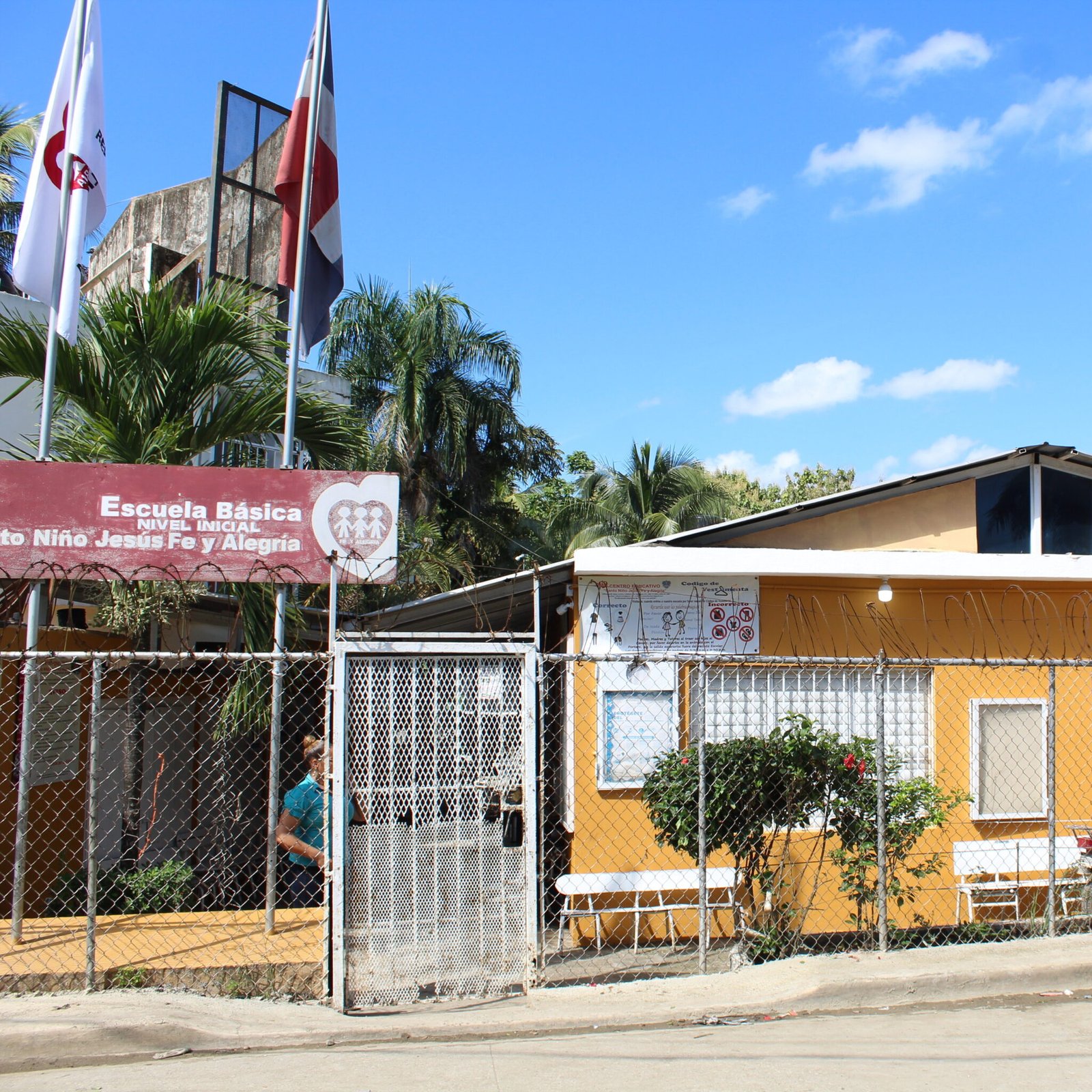
In 2021, Luz Del Alba de la Cruz, Director of the Centro Educativo Santo Niño Jesús, explained
“The Centro Educativo Santo Niño Jesús has managed to make progressive changes in the mentality of the people, we continue to fight against discrimination and inequality, giving a higher value to the education of children. To advance in offering quality education, and contributing to the development of the community, we need helping hands. Teacher training, maintenance, and the acquisition of teaching resources for our students, in these difficult times of a pandemic are essential. The Center, together with the infirmary, has worked hard to preserve the health of the community. We dream, create and believe in our people.
“Since our foundation, we understood that we had to work together with the community, to achieve our common goals. We are firm believers that if the educational center advances, the community must also advance. We want to continue growing to improve the situation of our students, the families of the community, both in health and education.“
Our Project
Together with Fe y Alegría Dominicana, this project aims to make a substantial impact by enhancing students’ literacy skills through comprehensive teacher training. This training focuses on creating an inclusive and equitable educational environment, guaranteeing personalized attention and support for all students. Additionally, by equipping guidance and psychology teams with the skills to address Special Education Needs (SEN), the institution’s capacity to cater to each student’s specific requirements will be significantly enhanced. This ensures a well-rounded and customized approach that acknowledges the diverse educational realities within the community.
The holistic strategy pursued by the project extends beyond the mere improvement of literacy skills. It is designed to ensure that every student receives the essential support to unlock their complete academic and personal potential. Through teacher training fostering inclusivity and specialized support teams addressing SEN, the project endeavors to create an educational environment where all students can thrive and succeed. The project has two specific areas of work:
Teacher training for literacy programs.
Through targeted pedagogical programs, the project seeks to empower educators with effective strategies applicable in the classroom. This is aimed at fostering a learning environment conducive to the development of literacy skills among students. The primary goal is to bolster teachers’ capacity to instill foundational skills, thereby contributing to robust academic progress.
Emotional support trainings for guidance and psychology teams.
This training is designed to equip professionals with the skills required to identify and offer appropriate support to students with distinct educational needs. By fortifying these teams, the objective is to establish a more inclusive and equitable educational environment. This ensures that all students, regardless of their individual needs, receive the necessary attention and support to thrive in their academic pursuits.
